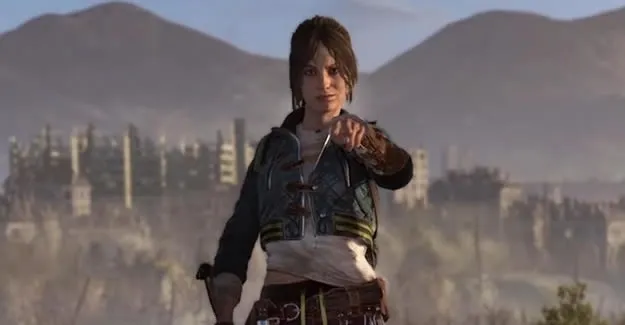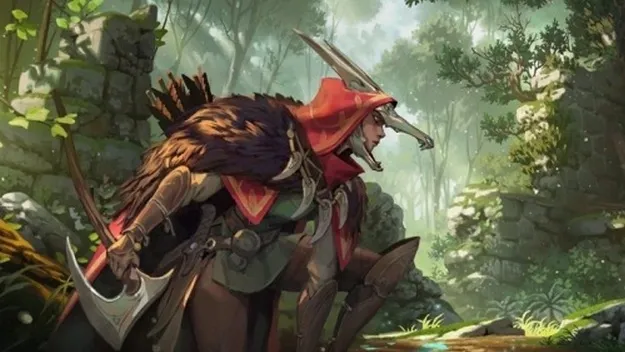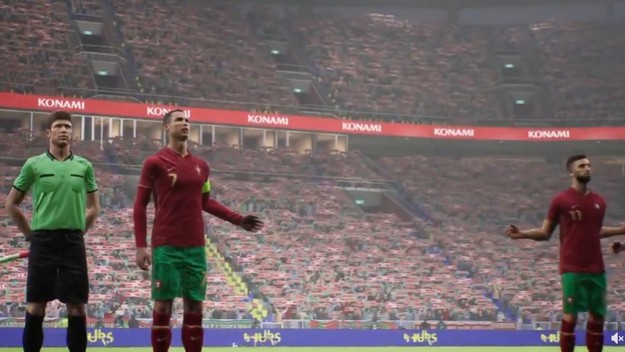Hellblade: Senua's Sacrifice - the sufferings of young Senua
In the mid-1990s, the trend of open-world games took hold. And that brought us a distinct division between high-budget titles and indie games. At that time, it was a real rarity to see a game that had high production values and was not financed by a well-known publisher. The change came thanks to crowdfunding platforms when we got several games that were technically impressive but didn't have a huge budget behind them. They were titles like Kingdom Come: Deliverance and Hellblade: Senua's Sacrifice. Exactly the latter was launched on this day exactly five years ago.
With Hellblade, developer Ninja Theory set out to create a linear game with a focus on the story. At first, only about 20 people worked on the development of the game, and since they had a minimal budget, they had to find their way and adapt the game itself to that fact. Instead of animating a bunch of characters, they focused only on the protagonist Senua.
To save money in the development of the game, an actress was not even hired for Senua in the early stages, but the acting job was temporarily done by the photographer Melisa Juergens. Although Juergens had no previous acting experience, her performance was so impressive that the developers decided to keep her as Senua for the final version of the game.
Hellblade: Senua's Sacrifice was an action-adventure set in the 8th century.
It followed the warrior Senua who began to suffer from post-traumatic stress
disorder after the death of her partner Dillion. She became convinced that she
had to save the soul of her late partner from the goddess Hela and went to
hell itself to make it happen. Senua's journey was harrowing and dark, and her
suffering from mental disorders was presented to players through 3D audio and
suggestive whispers in Senua's head.
Senua's suffering from mental
disorders was presented to players through 3D sound and whispers in Senua's
head.
The game had real-time combat and some interesting puzzles,
but those parts weren't remembered as the best parts of Hellbalde. Instead,
the presentation with great music, a dark tone, and a game display without any
interface attracted the most attention. The character of Senua was also very
interesting because she did not represent a typical heroine who has everything
neatly arranged in her head.
Hellblade received very good reviews upon its release. Although the game was
launched only digitally and only for PC and PlayStation 4, it covered
development costs after three months of sales. Numerous awards followed, and
in less than a year since its launch, the game managed to reach one million
copies sold. Subsequently, the game was transferred to the Xbox One and
Nintendo Switch consoles, and it also received a VR version in 2018. In
mid-2021, it was updated for Xbox Series consoles and PC and received improved
graphics with raytracing effects.
The notable success of this game
put the independent studio Ninja Theory on the radar of Microsoft, which was
then looking for a new workforce. In 2018, the studio thus became part of the
Xbox production machine and since then they have been working on a sequel to
Hellblade called Senua's Saga: Hellblade 2, exclusively for the Xbox Series
and PC.












